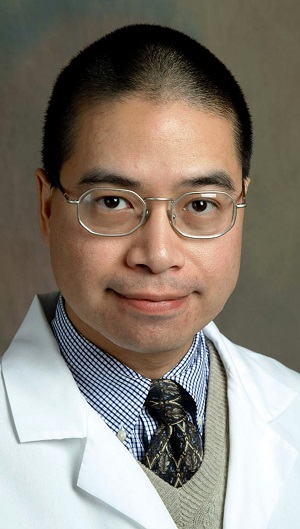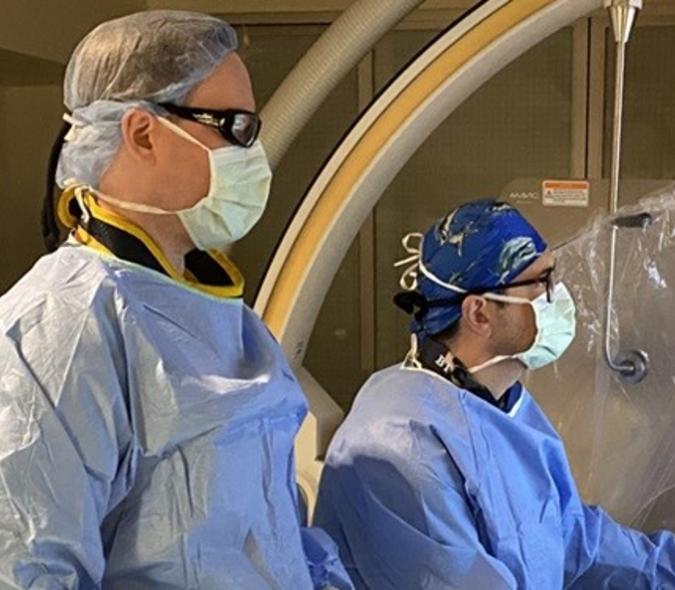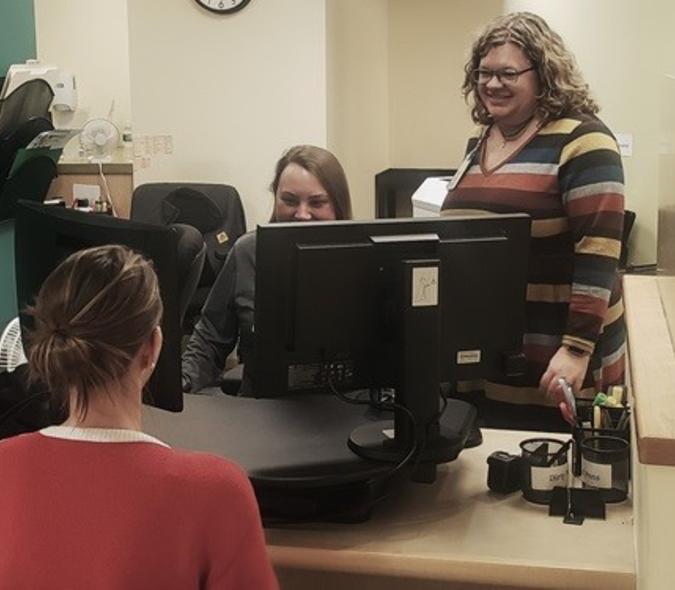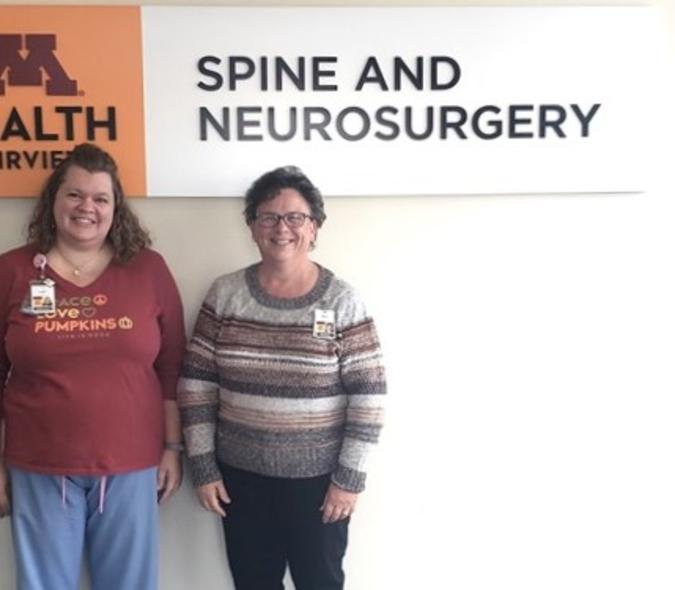
Mentoring is enabling your students to “bloom wherever they will.”
When Professor Cornelius Lam, MD, PhD, thinks about mentoring, he acknowledges that his role as a mentor is a little different. Lam is the Medical Student Clerkship Program Director for the Neurosurgery Department that provides third and fourth-year medical students a feel for what a neurosurgical career might be like. That means he works with both medical students and department residents.
The clerkship programs he directs take place at three sites affiliated with the Medical School: M Health Fairview Medical Center, Hennepin Healthcare, and the Minneapolis VA Medical Center. “Our medical students interact more with our residents than they do with me,” said Lam. “It’s important for them to see what they will become after medical school. My job is to administrate that process to ensure they get the exposure they need and that no one falls through the cracks.”
Different focus
During the clerkship, tools such as computer simulations are used to give participants a good sense of what neurosurgery is about. “I have no expectation that they learn a lot of neurosurgery because we only have them for two weeks, unless they’re doing a sub-internship where the focus is a little different,” said Lam. “That track is more about experiencing what it is like to be a neurosurgery intern at the U of M.”

Lam (pictured here) believes there are multiple levels to working with mentees. “The first is to be an example to them,” he said. “You must carry yourself the way you want your mentees to be. The second is to put yourself in the resident or medical student’s place and think about how they would like to be taught. The third is to set appropriate benchmarks.”
Support and teach
One mistake a mentor can make is to have specific expectations for their mentees. “My job is to support and teach,” said Lam. “They’re their own people. Those who go into psychiatry or research still benefit from what you teach them about neurosurgery. You let them bloom however they will.”
Medicine is like an ocean, continued Lam. “You get lost unless you know what a boat looks like or you know how to swim,” he explained. “It’s good to have someone who can give you direction.” It’s also good to have someone who can help you navigate the online information and medical records available nowadays to medical students. “That can be quite daunting,” said Lam.
Fascination isn’t enough
Interestingly, it was a mentee who decided that neurosurgery wasn’t for her that left a big impression on Lam. “She was a good student and did well on her boards, but she realized what it would take in terms of time away from her family and it was too much for her,” he said. “I was glad she came to that realization. It’s better to have a true representation of what you’re getting into. A fascination just isn’t enough – and you can be fascinated with many things in neurosurgery.”
Over the years, Lam has seen mentoring change quite a bit. “In the past, you would have people come to see what you do,” he said. “You would direct them to various books and article reprints. Now, a lot of mentoring is done by the student using online tools that are freely available. As a mentor, you must adapt to the types of tools that are offered to you and your mentees and use them to best advantage.”
Department does a good job
Lam believes the Neurosurgery Department does a great job of mentoring, especially with the residents. “A lot of the teaching comes from so many of us in the department,” he said. “We’re an entire organism, not a single cell.”



